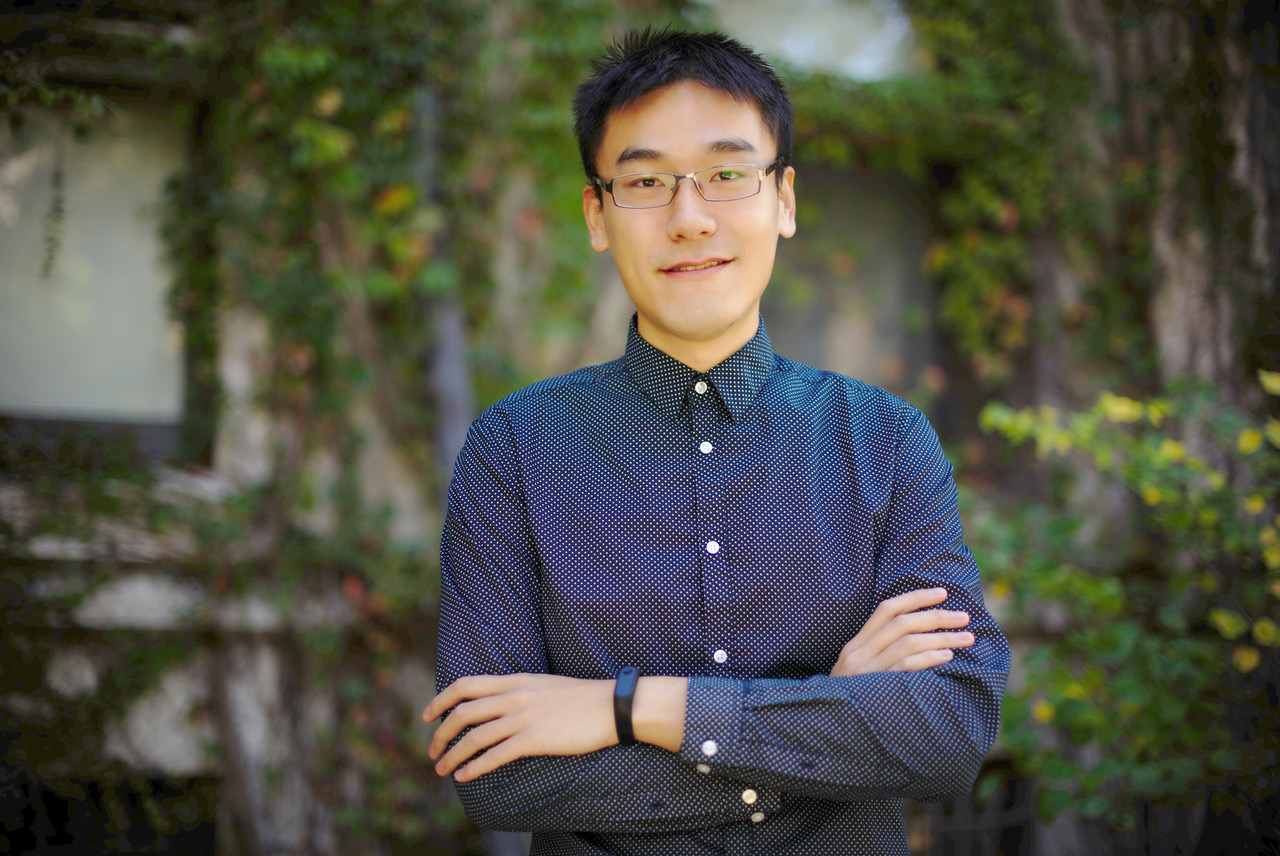
Biography:
Teng Ge is a PhD candidate from the Department of Sociology. As a retired basketball player, he is interested in using sports as an empirical case to engage with sociological subjects and theories. His previous studies how social class shapes Chinese professional athletes’ relationship to coaches and embodied performances. His current project focuses on Chinese male basketball players with the aim to understand how Chinese basketball talent failed to produce coordinated and effective teamwork despite the team’s emphasis on collectivity and conformity.
Dissertation: There is no I in team: How Chinese Basketball Prodigies Failed to Become Champions
Social scientists and sports practitioners frequently ask why and how organizational excellence is achieved. My dissertation project inverts this question and asks: why and how Chinese basketball prodigies failed to produce coordinated and effective teamwork despite their well-blessed physical endowments, strict training regimens, and decent rewarding systems. Using a longitudinal and comparative qualitative study of an elite professional basketball club in China, I seek to understand how unsatisfactory team performance could be traced back to intra-team dynamics such as players’ relationships to their teammates and coaches, and what are the conditions under which diversity would facilitate or impede organizational performance. By showing the connection between intra-team dynamics and inter-team competitions, I hope my project would contribute to theories of organizational performance, competition and collaboration, and social relations.
Recent Research / Recent Publications
Studies on professional sports tend to perceive professional sports either as a business based on the big-time sports leagues in North America and Europe, or as a nation-building project from the socialistic countries, such as the Soviet Union and the German Democratic Republic. The dichotomy is nevertheless challenged by the professional sports system in contemporary China in which combines the features of both sides in the age of globalization. Despite the great strength of the Chinese state in controlling almost every aspect of society, why and how the government has delegated substantial discretionary power to non-state actors in some professional sports teams, and why some professional sports teams thrived while others failed during the reform? Through comparing three professional sports teams in China, participant observations and interviews with professional athletes, coaches, and sports administrators will be used to explore the conditions of which the state retreats.
 THE UNIVERSITY OF CHICAGO
THE UNIVERSITY OF CHICAGO

